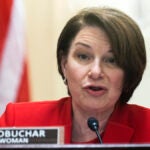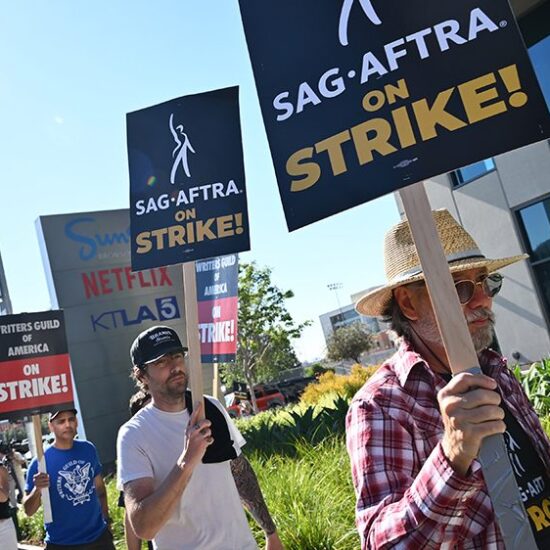
Irving Azoff, a music industry executive and former CEO of Ticketmaster Entertainment, fired back at Congress and tech companies that he said helped the scalping industry Wednesday, adding another twist in the ongoing furor over recent concert ticket debacles.
Azoff said the real problem lies with an army of scalpers, who deploy bots on official ticket sites to buy blocks of tickets and then resell them at huge profits.
“Scalping has always been a problem for the concert industry,” Azoff told the crowd listening to a panel on ticketing at the 34th annual Pollstar Live conference on Wednesday. “But it only got to be a critical problem for the industry when the tech companies got involved and created these huge scale platforms like Vivid, StubHub and SeatGeek that profit from every scalper sale.”
The companies and scalpers have crated a “safe harbor” that turned the secondary market into a $5 billion a year business, forecasted to grow to $10 billion by 2027, he said. Representatives for Vivid, StubHub and SeatGeek did not immediately respond to inquiries by TheWrap about Azoff’s remarks.
“None of that profit makes its way back to the artist or any facet of our industry that has actually invested in the artist and the artform,” said Azoff, who left Ticketmaster over a decade ago to return to the talent management business. “These companies have no skin in the game, have invested nothing, risked nothing, created nothing, yet they reap the lion’s share of the profit. How does that make sense?”
Making matters worse, Azoff said, Washington “isn’t focused on the real issue, and is screwing artists and their fans.”
Azoff said the live music business in the U.S. has “quadrupled” in 20 years to a $12 billion annual industry. But while Ticketmaster and its parent company, Live Nation Entertainment, helped grow this business, Azoff said, a large portion of the profit is now going to technology companies that facilitate an online trade in “secondary sales” of tickets at hugely inflated prices.
“There is nothing that Ticketmaster or the (concert venues) can do about that,” Azoff said, adding that scalpers take advantage of fans when demand to see a show far exceeds the number of tickets available.
The music executive’s comments followed a heated Jan. 24 hearing before the Senate Judiciary Committee, where senators heard testimony about ticket-sale fiascos, which Ticketmaster blamed on outsized traffic from bots.
Azoff said he believes members of Congress who attack Ticketmaster are missing the point and misleading the public about the real problem in the industry — technology companies profiting alongside those who game the system and, ultimately, costing fans and artists money.
“No one cares more about fans than the artists,” Azoff said. “Artists want fans to be able to get tickets at a fair price.”
He said the scalping industry, which can charge thousands of dollars for a $100 ticket to a sold-out show, is what Congress should focus on regulating, especially the use of computer bots that buy up tickets before actual fans get a chance.
Another panelist, James Dolan, CEO of Madison Square Garden Entertainment, agreed that Ticketmaster is not the bad guy portrayed in the recent U.S. Senate hearing about ticketing snafus, including last year’s Taylor Swift tour.
“This is a scalper problem. This is a gouging problem,” Dolan said at the panel. “I don’t want to see sports and concerts to be only for the wealthy. You would think that would be something our politicians could get behind, but they don’t. The fan suffers. We at the Garden will continue to fight this fight. When you sell a ticket the first time, you want to sell it to someone who will come to the show.”
Country music legend Garth Brooks, a third panelist, said he was concerned about technology and ticket fraud coming between artists and their fans.
“I’m with you on what you said about the bots,” Brooks told his fellow panelists. “For me, music is a thing that heals. The less we can make it a shit show with the robots, then you get an artist and the people in the same room. That’s when the artist is at their best.”

















